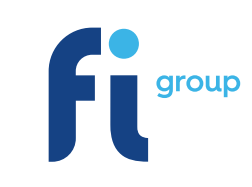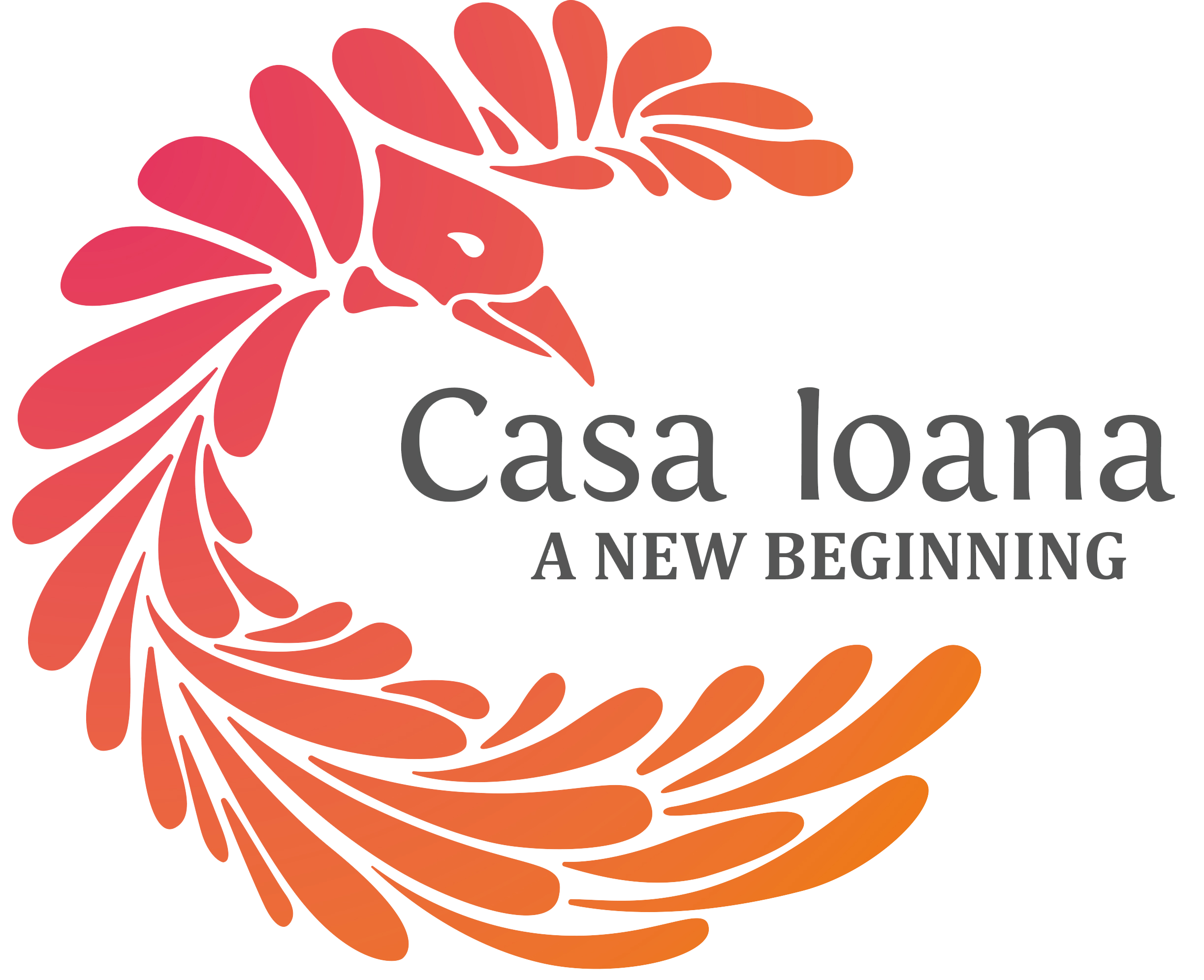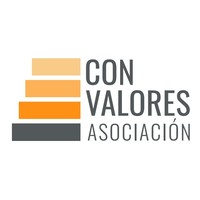Joint Venture
Erasmus+ project that worked to overcome the challenges faced by the EU in terms of social exclusion.

OUR OBJECTIVES
Joint Venture aimed to create a new, hybrid model of collaboration between entrepreneurs at risk of exclusion, NGOs and the business world: companies identified entrepreneurial opportunities and these business ideas were carried out by entrepreneurs together with NGOs.
The model was created to be sustainable and effective across Europe, a tool for change to help combat the risk of marginalisation and unemployment.
We reported on the effectiveness of the incubation process, how the training was implemented, as well as the effectiveness of the identification of micro-niche markets.
We created a tool for change for professionals working in entrepreneurship for people at risk of social exclusion.
We analysed entrepreneurship courses at the European level, aimed at improving the entrepreneurial skills of individuals and NGOs.
We created a hybrid model of collaboration between entrepreneurs at risk of social exclusion and Non-Governmental Organisations, supported by the business community.
We supported the business world to identify entrepreneurship opportunities to be established by mixed teams of people at risk of social exclusion and NGOs.
We created a handbook highlighting 88 examples of good business practice for NGOs with people at risk of social exclusion at the European level.
We elaborated a report defining different indicators to measure the social impact of social enterprises.
We focused on people facing the greatest challenges of economic self-reliance.
We created adaptable training according to the needs of each group.
ABOUT US
Currently, the European Union, like the rest of the Countries, has a huge problem originated from unemployment and poverty.
It is predicted that the economic transformation to a more digital system, will make it even more difficult to access the labour market. A successful system to increase the working opportunities is increasing the business activities, especially for those people who are at social exclusion risk and those who have low skills and knowledge to start their own companies.
During the project, the Joint Venture partnership validated this hybrid model of collaboration between entrepreneurs and NGOs by distinguishing good practices, creating content for training and through the incubation of 9 “Joint Ventures”, joint business initiatives, (one entrepreneur at risk of marginalization together with an NGO). This model can become a valid tool for change for all professionals of European social enterprises who work with individuals at risk of social and economic exclusion.

THE PROJECT

JOINT VENTURE brought together partners with deep expertise in the project themes. It built on the activities carried out through the Language Interpreter Training as a Springboard to Work (LITSSW), funded through LLP Leonardo TOI in 2012, and recognised by the European Commission as a success story in the field of reducing language communication barriers.
Ultimately, JOINT VENTURE contributed to overcoming the challenges that the EU is facing in terms of social exclusion by empowering people at risk of social exclusion to create their employment opportunities, collectively with the NGOs they work with from each group.
Joint Venture’s impact was beneficial for:
- Entrepreneurs: 9 were directly involved in the project, but many more will benefit from the tools that were developed.
- Social organizations: 9 NGOs worked and validated the tools, participated in the training, but all the workers of the selected NGOs can benefit from the outcomes of the project.
- Business Professionals: 100 professionals of the business sector were contacted, six of them were directly involved in providing training to the NGOs and playing the mentor.
- Public Administrations: the aim was to influence the way PA supports the social entities; thanks to the new tools they received to create a more efficient path for mitigating social exclusion.
OUTPUTS
- Adapted Incubation Program Design: research and development of social entrepreneurship training contents at the EU level but adapted to the training constraints of mixed teams.
- A Book containing 88 success stories of NGO business projects with people at risk of exclusion methodology validation: entrepreneurial NGOs incubation with 9 mixed teams (groups composed by a person at risk of exclusion, that wants to participate in the incubation process, helped by an NGO involved in the project), supported by companies and professionals from the business world.
- Measuring social impact methodology: different indicators for measuring social impact were researched, analysed, and applied to find the ones more efficient for the project’s needs.
IO4 | Evaluation of the impact assessment methodology
The Joint Venture project has developed a new methodology to measure the social impact of a social enterprise. To that end, an analysis was conducted on the existing measurement methods and the new methodology was tested with the incubated social companies that...
IO3 | Validation of the Incubation Methodology
The Incubation Programme was the core of the validation process. Its primary objective was to select entrepreneurs at risk of social exclusion and implement training to validate their social entrepreneurship ideas based on local settings. 9 entrepreneurs were...
IO3 | Training modules
The Incubation Programme was the core of the validation process. Its primary objective was to select entrepreneurs at risk of social exclusion and implement training to validate their social entrepreneurship ideas based on local settings. 9 entrepreneurs were...
IO2 | Success Stories Book
In the Success Stories Book we find an innovative guide analyzing the best projects between social organizations and the business world. You will find: Introduction Project Partners Succes Stories Book 10 European Projects Best Practices Analysis Catalogue...
IO1 | Business Handbooks
At the Joint Venture project, we worked over the months on two Business Handbooks. In the first one, you will find the key aims and findings of the first Intellectual Output for Joint Venture - The Adapted Incubation Programme Design. In it you will find: The Project...











